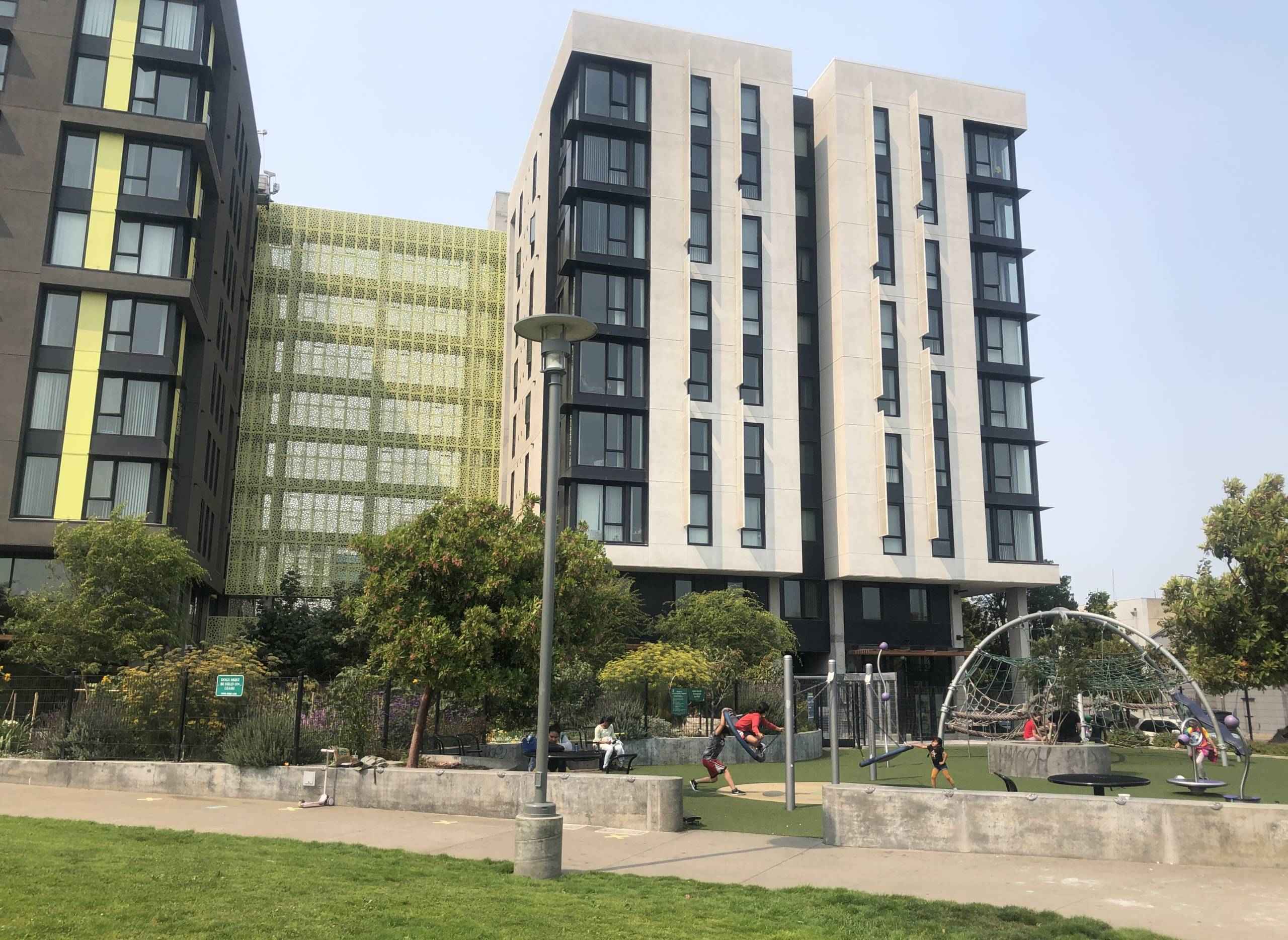
Virginia Statewide Candidate Questionnaire (2025 - Ghazala Hashmi)
Clean and safe housing is a fundamental human right, and access to affordable housing is particularly important as we navigate challenging economic times. As a six-year member of the General Assembly’s Joint Housing Commission, I understand the level of housing shortage that we have in Virginia and the crisis of affordability. An important factor in the housing crisis is the shortage of supply. As I speak with housing developers, I understand the barriers they face in lot supply and other concerns: zoning regulations that block higher density housing production; an extensive permitting process that is financially harmful for smaller businesses that serve the housing market; and escalating costs for materials and workforce. The structural forces that continue to drive the crisis are largely centered on resistance to higher density housing and mixed housing development permits. Working to change zoning regulations, increasing housing supply, moving forward with additional innovative responses such as my Faith in Housing legislation (allowing faith communities and other non-profits to convert property and land to affordable housing) and auxiliary dwelling units (ADUs) are part of the solution.
The Lieutenant Governor does not generally have the power to take executive action; however, I can use my position as president of the State Senate to influence legislation. To address the affordable housing crisis, we need to address issues of zoning and barriers to building higher density housing, particularly in areas close to public transportation; we also need to develop better financial products for homeowners, and expand tenant rights and protections at the state level. For six years, I have worked on tenant rights, efforts to decrease eviction rates in Virginia, protections for residents of mobile/manufactured home communities, and more. Since zoning is such a key component, I am eager to also continue my conversations with local elected officials.
My husband and I arrived in Richmond in 1991 as newlyweds and as a young couple still in the final stages of our respective graduate schools. While my husband took a job as a post-doctoral fellow and I as an adjunct professor, our income was limited; we lived paycheck to paycheck, severely restricted all discretionary spending, and frequently had $50 or less at the end of every month after paying our rent. After two years, I was thrilled when I was offered a one year, full-time teaching contract at the University of Richmond because it meant relief from the stress of financial insecurity. However, just as I began that academic year, I also learned that I was pregnant with our first daughter. Five months into the pregnancy, my OBGYN determined that I would lose my baby if I did not immediately go on strict bedrest. As a result, I had to resign my teaching position, leaving me without any income or the protections of maternity leave, and with limited health benefits through my husband’s position. The stress of a complicated pregnancy and the birth of a fragile infant was compounded by a great number of financial challenges. These experiences have all served to make me attuned to the hardships and insecurities that so many in our communities face because of economic and social structures that continue to drive up housing prices. Housing is a human right, and it is the job of policy makers to make housing affordable and within the reach of working families.
As a member of the Joint Commission on Housing, I have worked on our need to increase affordable housing and also to strengthen tenant protections. Amending zoning regulations to expand options for higher density housing and for resources such as Auxiliary Dwelling Units (ADUs) are good initial steps for many localities. Encouraging affordable housing options in mixed development communities also increases stability for many residents. Additionally, the availability of financial products through public and private institutions to support first-time homebuyers especially assists communities that have been historically disenfranchised. Over the past several years, I have sought to strengthen various tenant protections, prevent evictions, and give tenant rights to residents of mobile home parks. I also wrote the Faith in Housing Act to allow affordable housing on land or property owned by religious institutions and non-profit organizations, and I plan to continue to build support for that bill as Lieutenant Governor.
No. The state should encourage ADUs and infill development. They should encourage more flexible zoning that would allow for multi-family options.
As mentioned above, this past session, I reintroduced the Faith in Housing Act (SB 1178), which would provide a pathway to build affordable housing on properties owned by religious or tax-exempt organizations. I look forward to continuing to work on this and similar legislation by using the Lieutenant Governorship to continue to socialize this idea and secure the support needed for passage.
One housing-related bill worth considering for adaptation in Virginia is California’s Affordable Housing and High Road Jobs Act of 2022. This bill allows for by-right approval of affordable and mixed-income housing developments in commercial corridors and bypasses certain local zoning restrictions if the projects meet labor and environmental standards. This bill addresses housing shortage by unlocking underutilized commercial zones for residential development, streamlines approvals for affordable housing, reduces bureaucratic delays, and includes labor protections, requiring prevailing wages as well as healthcare for construction workers. As Lieutenant Governor, I would partner with localities to assess suitable commercial zones, ensure that all environmental standards and protections are met, and support development grants for projects to move forward.